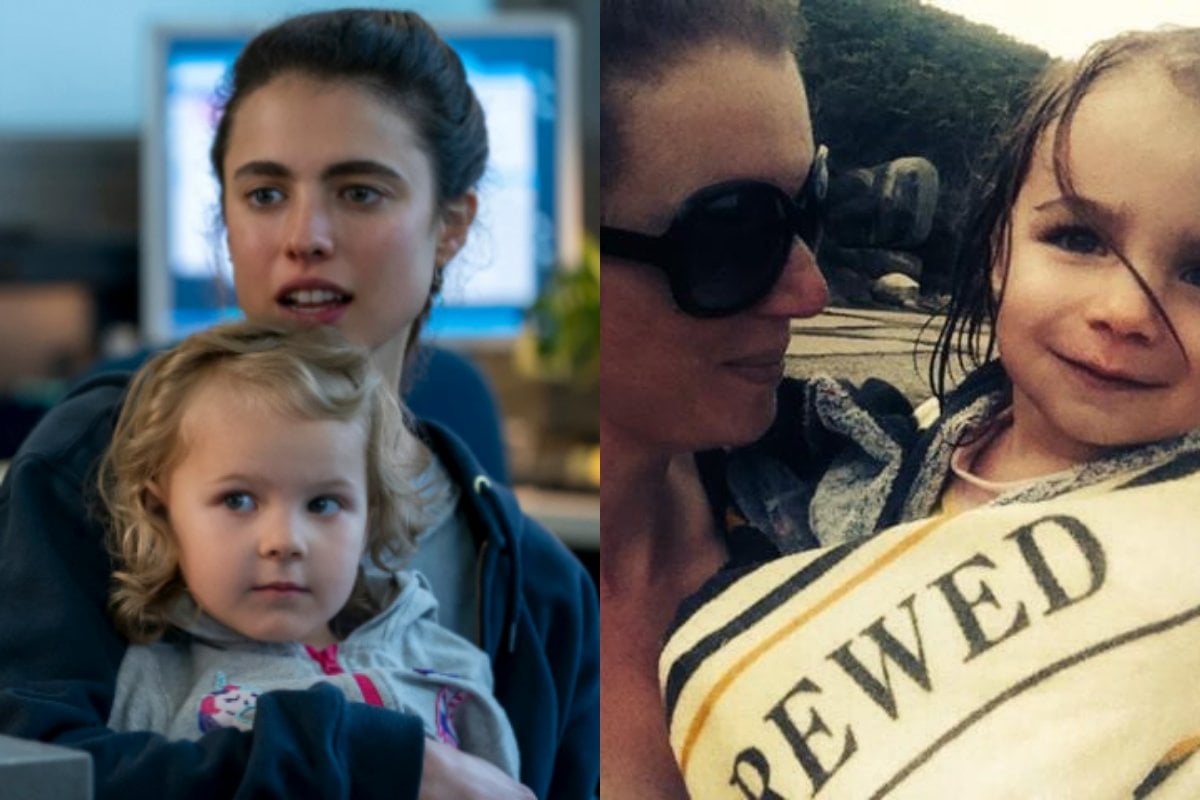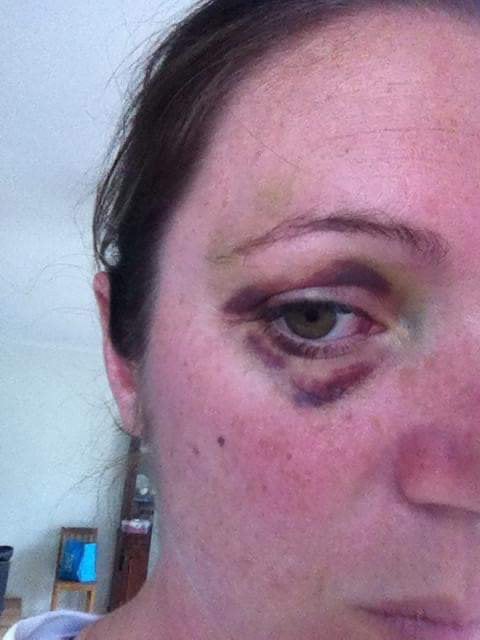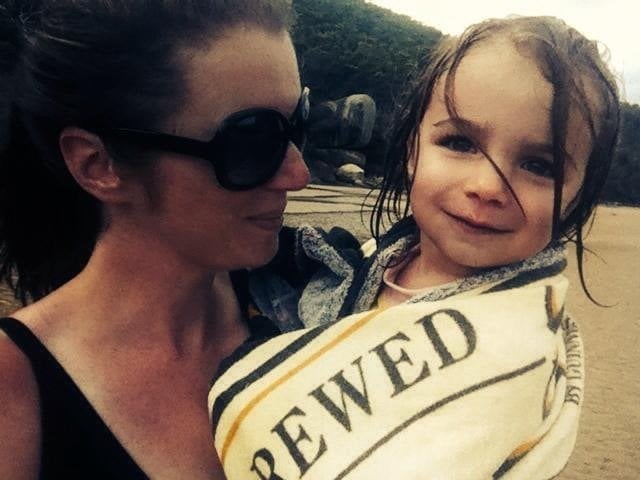
This post and its images deal with domestic violence and could be triggering for some readers.
Netflix recently released a new series titled ‘Maid’ based around Stephanie Land’s book Maid: Hard Work, Low Pay and a Mother's Will to Survive which draws on Land’s own life experiences.
The series platforms highly talented acting and directing and includes themes of poverty, alcohol dependency, and domestic abuse.
Part of the popularity of this new series may also be because it resonates so strongly with so many people. Maid is not just Stephanie Land’s life story, it’s mine too. And so many other women's.
Watch the trailer for Maid. Post continues below.
The viewing is confronting, powerful and utterly compelling.
As someone who has lived through intimate partner violence, I know this is not just a familiar story for me, but for many others.
One in four women in Australia have experienced emotional abuse by a current or former partner.
The series highlights the destructive nature of domestic abuse and the long term impacts on adult and children survivors of emotional and psychological abuse.



